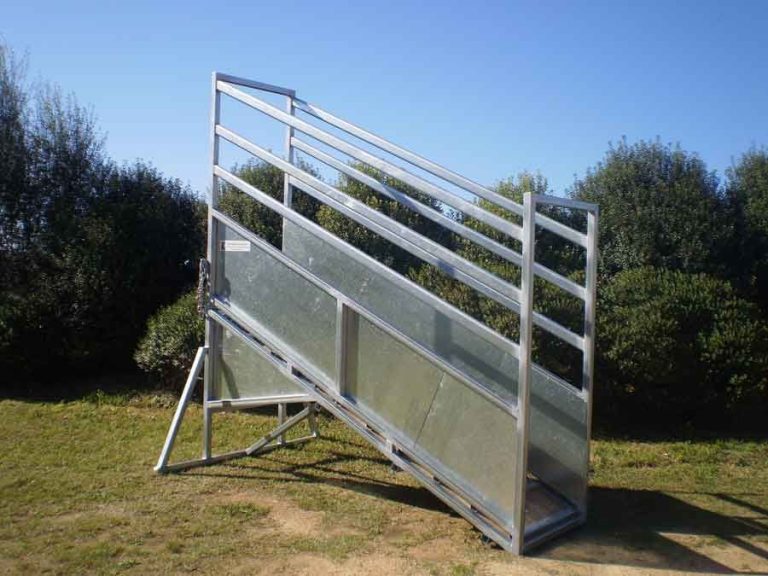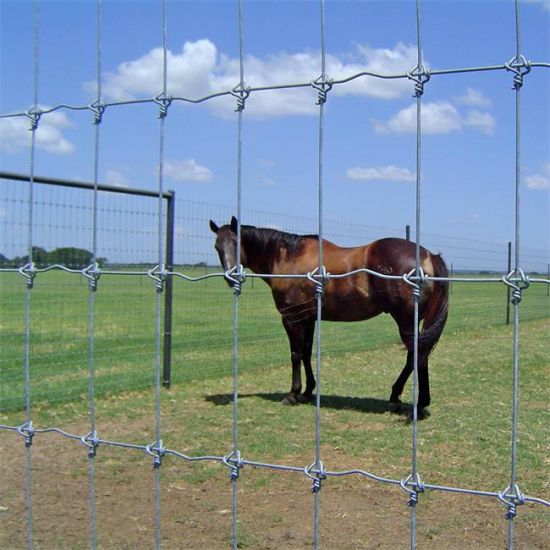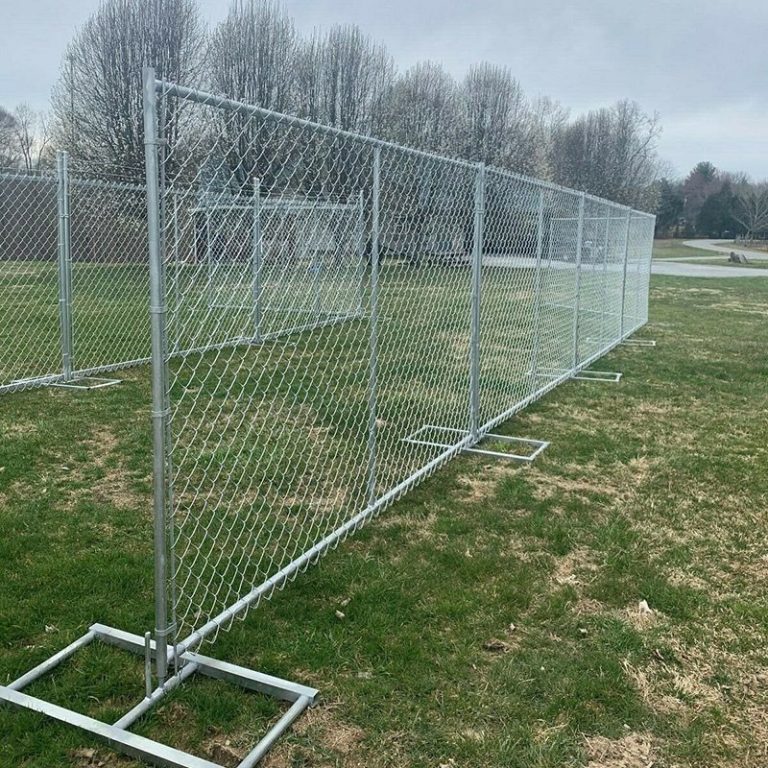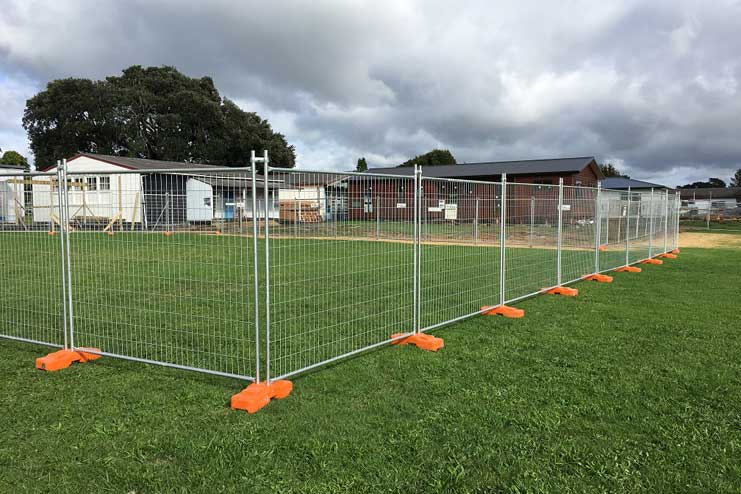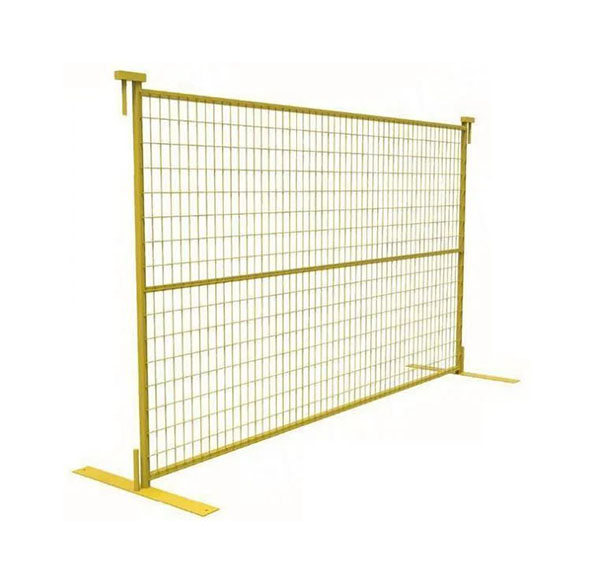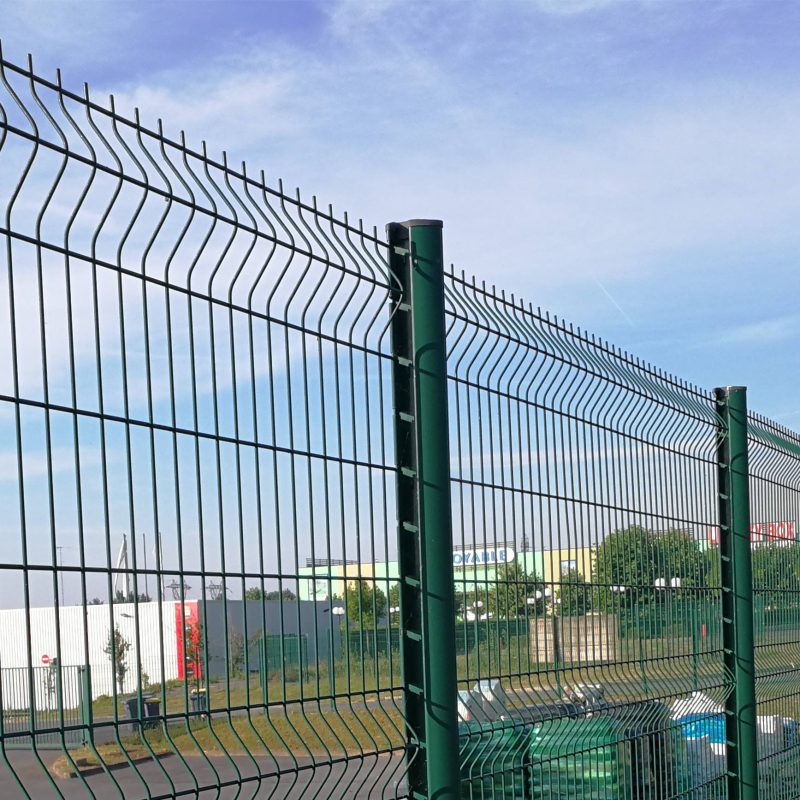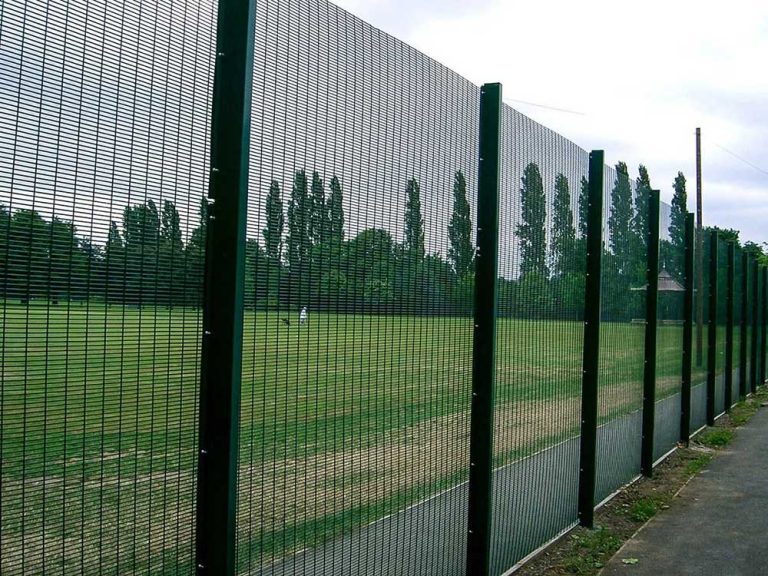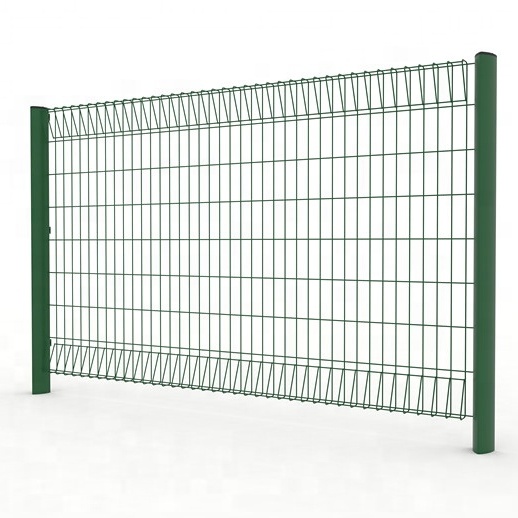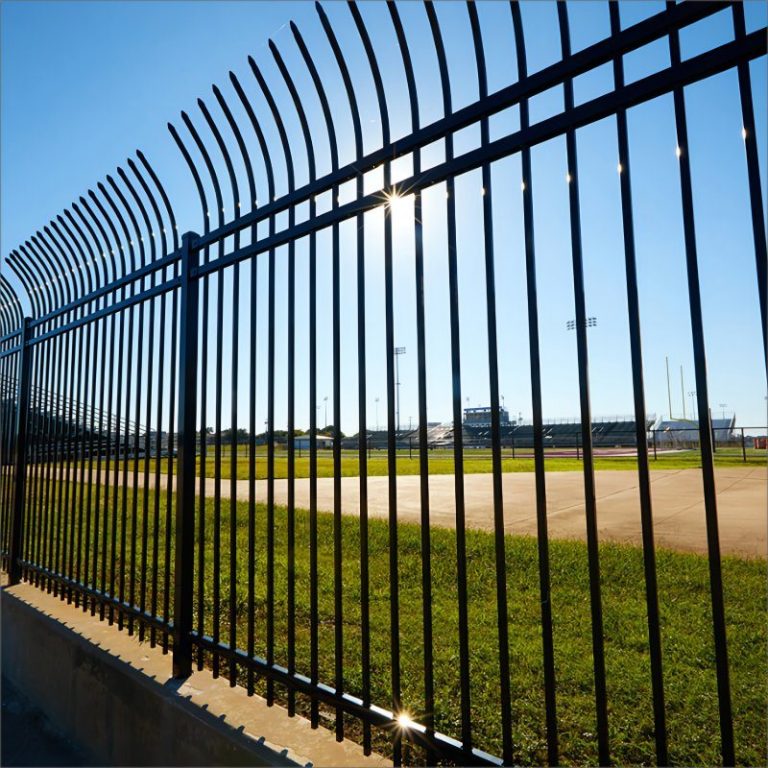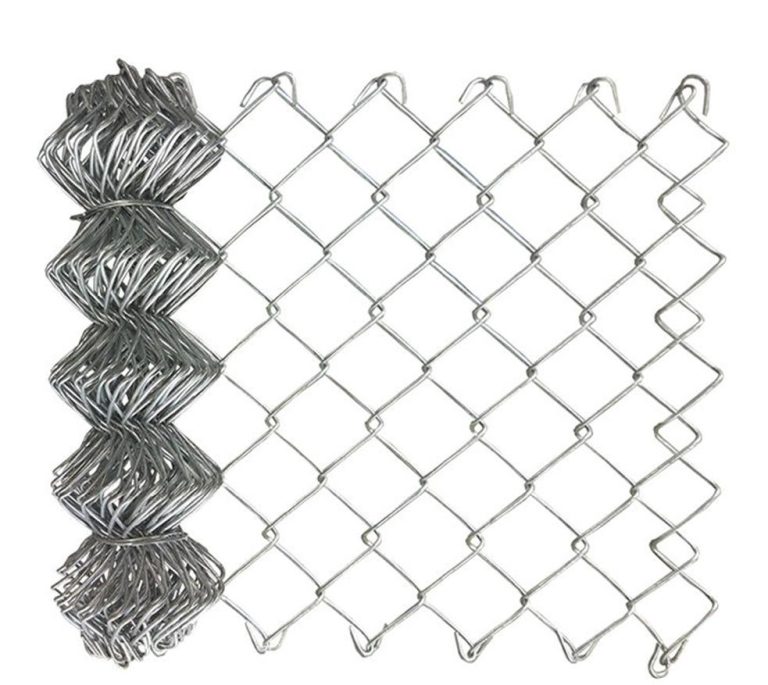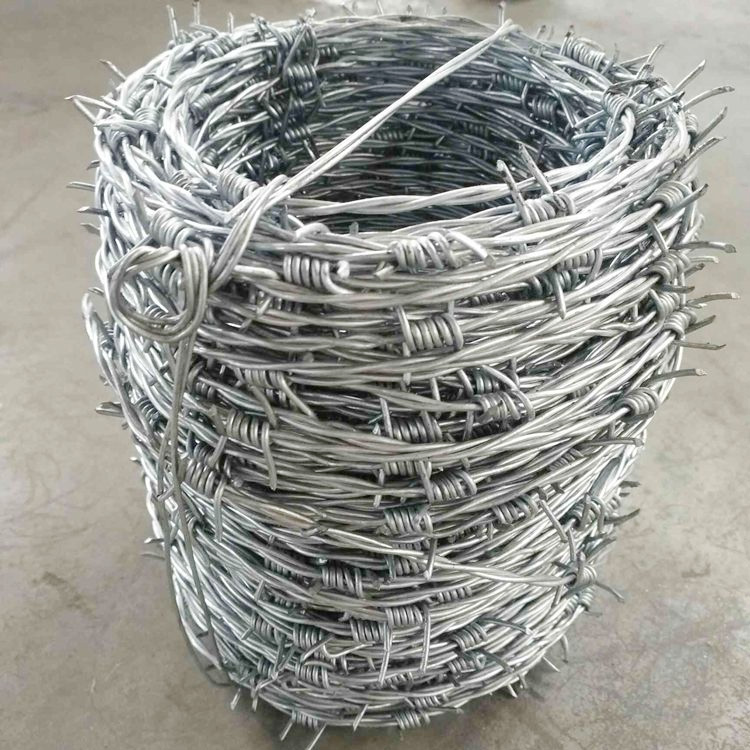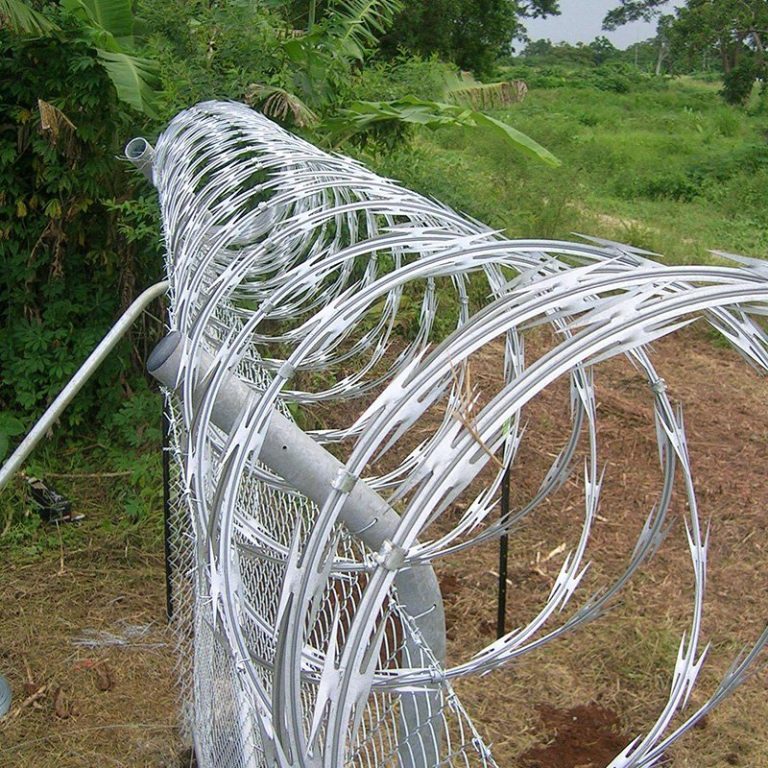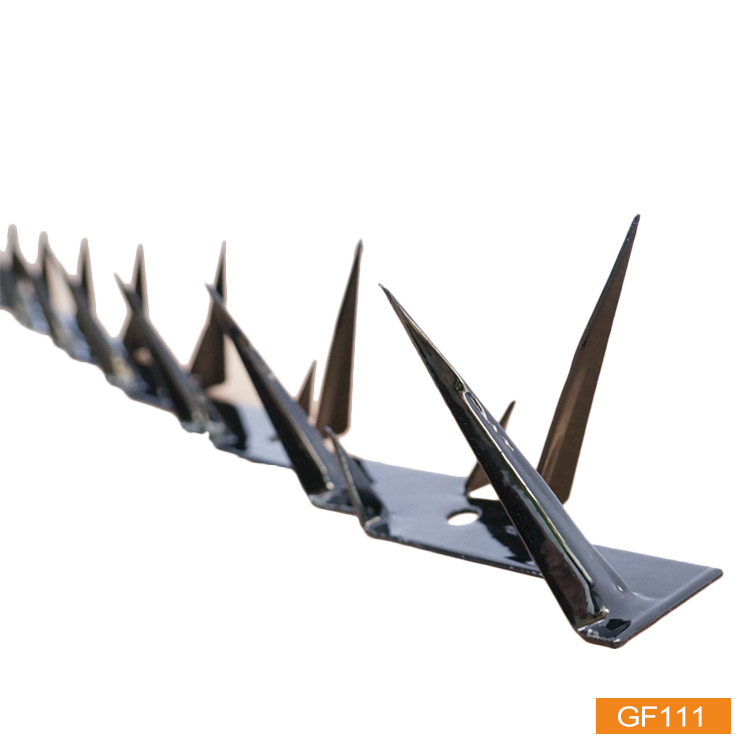Of these, the most common answers are barbed wire and razor wire when discussing securing properties or boundaries. Though both types of wire fencing apply to effective protection, the key differences lie between their construction, application, and efficiency. Today’s blog reviews those very areas where differences are found between these two types of wires in order to allow for some enlightenment on bettering the application as well as in the selection amongst those wires when it comes time to use one.
What Is Barbed Wire?

Barbed wire has a long history dating back to the 1860s, mainly used to restrain livestock in large, open areas. Originating from the plains of the United States, where wooden fences were too expensive, barbed wire became an affordable solution for farmers and ranchers. The design is simple but effective: sharp points are twisted along the wire to discourage animals or individuals from crossing the fence.
Today, barbed wire is highly salable for farm fencing and even residences and industries. It comes in quite affordable pricing yet is highly effective and durable. The majority of commercial production of barbed wire is out of galvanized steel to accord protection against rust and corrosion. Thickness or spacing of barbs varies dependent on the usage intent. The availability of barbed wire in various grades lets each stand functional for particular needs.
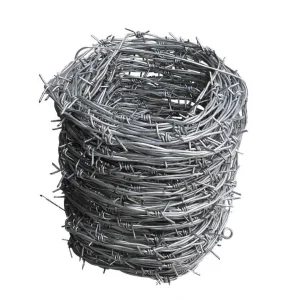
An example could be that Class 1 barbed wire is used for residential or industrial purposes in areas not close to the sea; Class 3 barbed wire is stronger and is applied to heavier industries, while Class 40 barbed wire, intended for even harsher environments such as those proximal to the ocean, contains a mix of zinc and aluminum in it and can even last for as long as 50 years.
Because it is cheap and easy to install, barbed wire has a lot of usage in agricultural settings, residential areas, and building sites.
What Is Razor Wire?

Razor wire, in contrast with barbed wire, is a more sophisticated and security-enhanced form of wire fencing. Razor wire is made out of sharp, blade-like edges so that it creates more serious injuries when trying to climb over the fence. Razor wire would be made up of a steel center with blades attached around in a sharp-edged manner, providing a level of security higher than normally achieved by barbed wire.
Razor wire is used in very secure places such as government buildings, military complexes, and even industrial zones and detention centers. It is costlier than barbed wire mainly because it offers increased security. The sharp blades cut anyone trying to penetrate the fence, which makes it a highly effective way of preventing illegal access.
Razor wire is generally installed in concertina coils, coiled to form some sort of barrier that is quite hard to get through. Unlike barbed wire, which is flexible and can be used in various configurations, razor wire’s rigidity makes it ideal for top-tier security needs.
Key Differences Between Barbed Wire And Razor Wire
Durability and Strength of Barbed Wire And Razor Wire
Both barbed wire and razor wire contain galvanized steel that is resistant to rust and corrosion. Razor wire is more powerful and more durable in construction and blade sharpness than ordinary barbed wire. Therefore, in terms of design, razor wire is more efficient in deterring unauthorized access since it is more difficult to cut or bend rather than ordinary barbed wire.
Security Level of Barbed Wire And Razor Wire
While both wires are meant to be deterrents, razor wire is the clear winner on grounds of security. Its sharp blades are much more likely to injure anyone who tries to cross it, making it quite effective for sensitive locations, including military bases, correctional facilities, and government buildings. On the other hand, barbed wire is practical in general security purposes including farm fencing and industrial enclosure. Amount of protection provided by razor wire cannot be ensured by them.
Cost of Barbed Wire And Razor Wire
Razor wire is more expensive than barbed wire. That is one of the main reasons it is mainly used in high-security areas and not for general-purpose fencing. The added cost is because of the advanced security features and the complexity of its design. Barbed wire is relatively inexpensive and is mostly used in agricultural areas or in less-sensitive areas.
Installation and Maintenance of Barbed Wire And Razor Wire
There is no special difficulty in installing either type of wire, but razor wire may be more demanding because it is sharper and requires specific tools for handling. Regarding maintenance, both will require very little effort if installed properly; however, because razor wire is stiff, the material tends to last longer than barbed wire, which would wear out in time and may need repairs, particularly upon long exposure to extreme weather conditions.
Applications of Barbed Wire

Barbed wire has wide applications in agricultural fencing, residential properties, and at construction sites. It is a very cost-effective means of securing big pieces of land or preventing livestock from getting out of control. It is used in temporary fencing for construction sites or events that will serve as a visible deterrent to unauthorized access.
Applications of Razor Wire

Razor wire has acquired a number of high-security features and is at present found in high-security installations such as prison compounds, government buildings, military bases, and border fences. It is also found in industrial zones whereby any unauthorized access could pose a threat to safety or security. The presence of sharp blades makes this wire particularly effective in deterring not only people but even animals that may try to breach the fence.
Can Barbed and Razor Wire Be Used Interchangeably?
There are ways of security benefits associated with both the types of wires. However, they cannot be used against each other in every respect. The use of barbed wire can be appropriate where simple security is needed, perhaps huge properties or agricultural land, which needs to be protected. Razor wire can be applied only in situations which have a serious risk of illegal access and require very strong deterrence.
Razor wire is also more expensive than barbed wire and would be best suited for high-risk areas, like military complexes or government buildings, where maximum security is paramount. Areas where the overall cost of security is necessary with a minimal chance of breach would go better with barbed wire.
Anping JiaHui Wire Mesh Co., Ltd: Your Trusted Barbed Wire and Razor Wire Supplier
Anping JiaHui Wire Mesh Co., Ltd is a leading supplier for businesses seeking reliable and high-quality barbed wire and razor wire. Situated in Anping County, considered the “wire mesh hometown of China,” Anping JiaHui has built a reputation as a reliable provider of wire mesh products of all kinds. The company manufactures, markets, and exports metal wire meshes, including barbed wire and razor wire.

Anping JiaHui also offers galvanized and PVC-coated barbed wire, ensuring durability and resistance to corrosion in any environment. Concertina and barbed blade types are some of the several configurations in which razor wire is available from the company to ensure increased security for any facility. Razor wire products from Anping JiaHui are sharp blades with high tensile strength and effectively deterrence capabilities, hence ideal for military, industrial, and high-security installations.
The products are available in different sizes, with core wire thickness ranging from #12 to #15 BWG and spacing in between barbs of 3 to 6 inches. Besides the aforementioned, Anping JiaHui also offers custom-made solutions for specific security needs. This ensures that clients get the most suitable wire products for their applications.
For a business looking for a reliable and high-quality barbed wire and razor wire supplier, one can find in Anping JiaHui Wire Mesh Co., Ltd both product excellence and competitive price.



